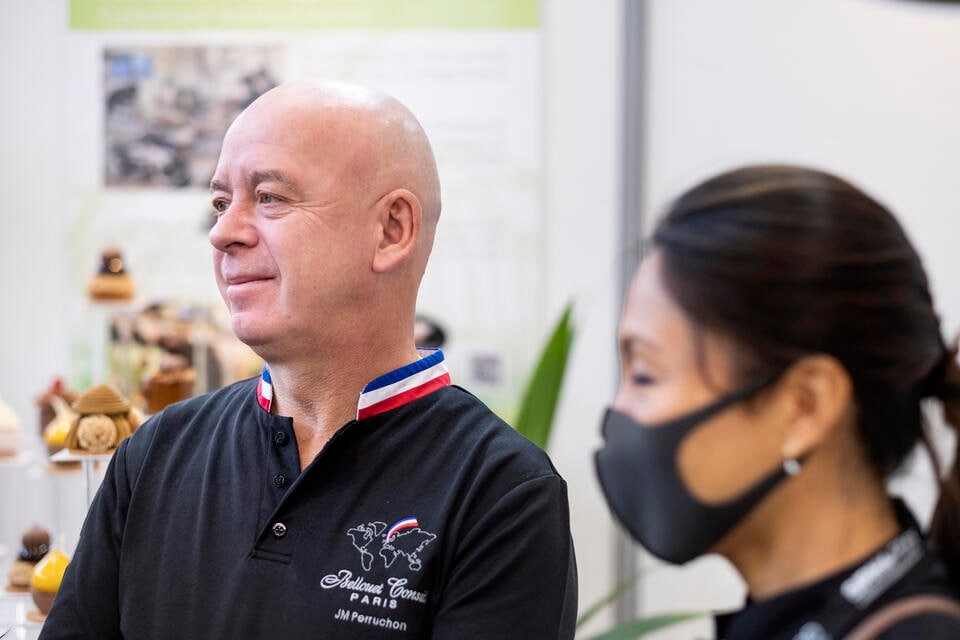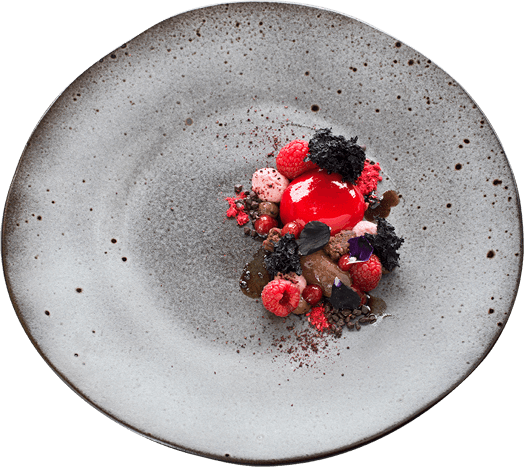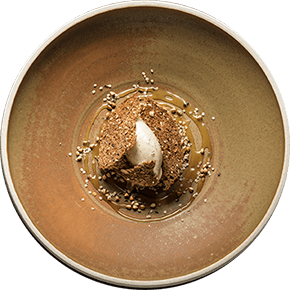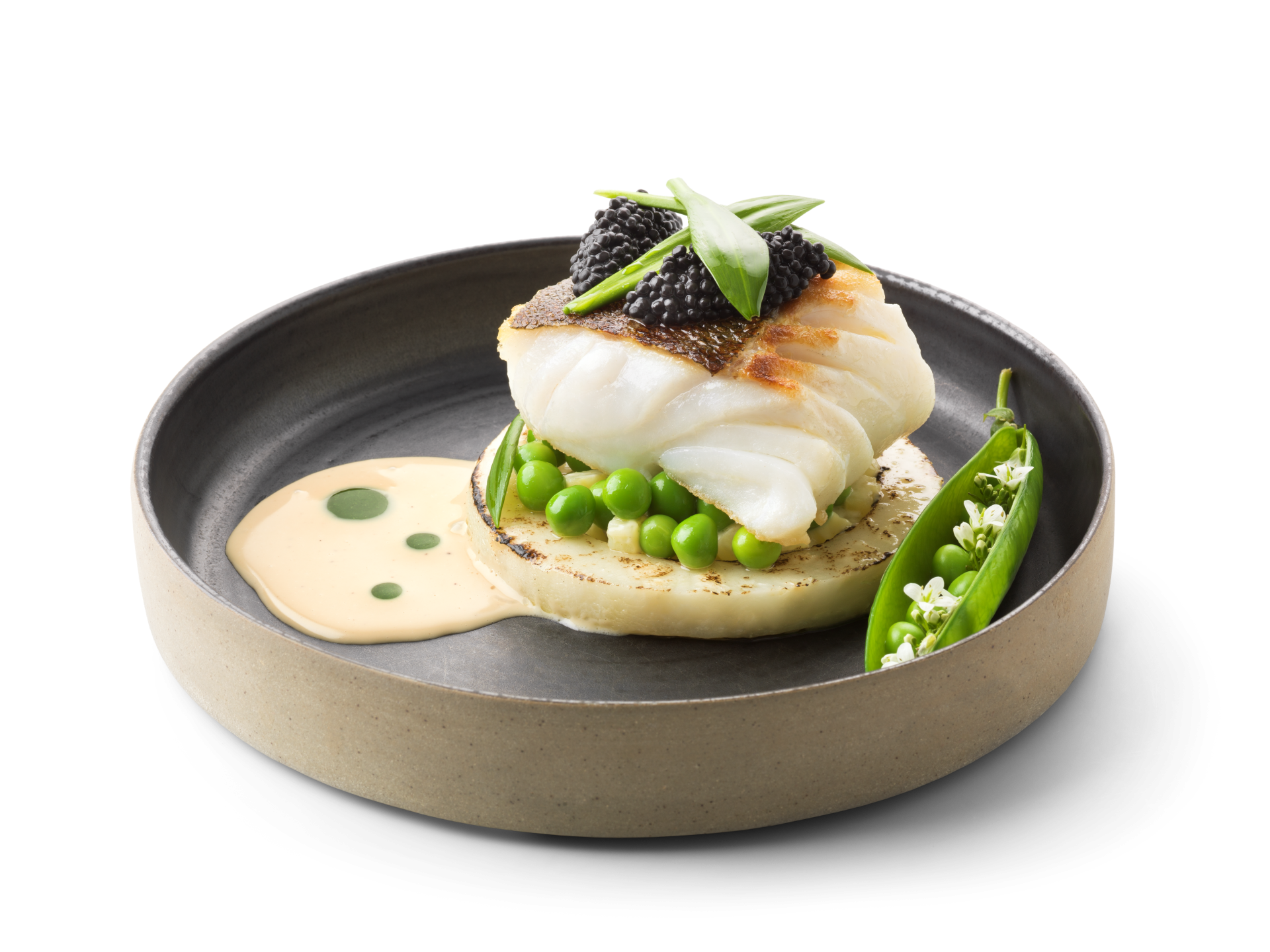A glimpse into the future with Jean-Michel Perruchon
The French pastry chef Jean-Michel Perruchon has, since 1993, been the director of the Bellouet Conseil Pastry School in Paris, an establishment he and Bellouet founded a few years earlier. In 2006, Perruchon won the prestigious and lifelong title ‘Meilleur Ouvrier de France’ (Best Craftsman in France), and he is a much sought and universally respected advisor on pastry-related matters, and has written more than ten books on his area of speciality. Debic met Perruchon this past fall at the Sirha trade show in Lyon, and asked him the following questions.

What is your impression of the Coupe du Monde de la Pâtisserie (Pastry World Cup) this year?
“All the teams were very well prepared for their entry and were assisted by the best coaches and advisors. Behind the scenes, Italy, Japan and France were particularly impressive. The results for this year further confirm this. It is nice to see that the rules of the competition have been duly adapted to the needs of our times. A competition like the Coupe du Monde has to evolve: topics change, and so we don't need to stick slavishly to a concept that was devised 25 years ago. Professional competitions have to be reinvented and redesigned. They need to be future oriented.”
Speaking of the future: how do you see our profession evolving?
“I have mixed feelings in this regard. I see two types of pastry chefs emerging. One group makes inspired pastries for their clients and guests: fresh, professional and creative. The other group is less authentic, and is mainly in search of digital visibility. They strive to become a star on social media.”

How can a local pastry contribute to sustainability? Or is that more a matter for the industry?
“The industry is inspired by the craft. By means of the artisanal creations, trends and customs of pastry chefs in their own shops or restaurants. That is exactly why it is very important that every pastry chef takes into account a number of aspects of their carbon footprint, working with seasonal products, a short supply chain and local ingredients. The industry will then follow these trends and choices, and thus further strengthen them.
Gluten-free, lactose-free, vegan: these are no longer confined to the alternative section. Where is this development heading?
“All these influences are transitory in nature. They are niche products that come and go. There will always be enduring techniques, visions and recipes – and that is also important. But you can’t do everything. In our case, after the passing of the various trends you mention, we have developed a vegan range. But how long will we continue to offer that? That is still a big question as far as I’m concerned.”





